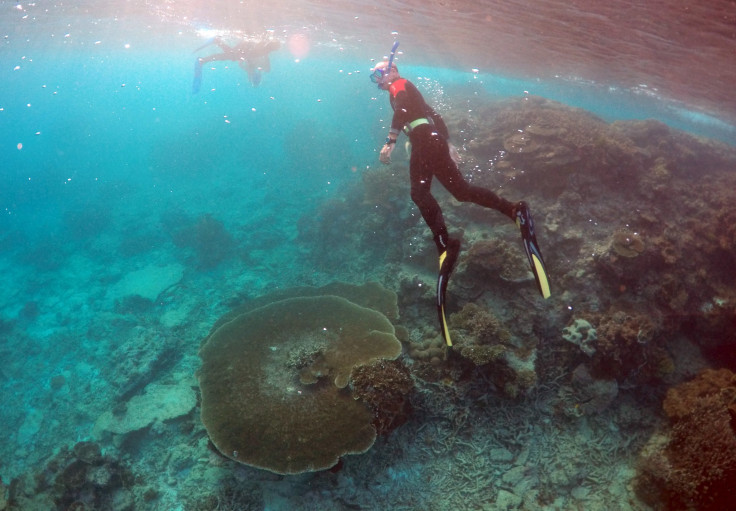Coral bleaching disaster: The Great Barrier Reef is not the only one suffering; World reefs may die in 30 years

Coral bleaching has turned out to be a global problem. After The World Wildlife Fund for Nature (WWF) declared 114 of the 229 World Heritage Sites of outstanding importance for species and habitats “at risk” from mining and other such activities, it has revealed that coral bleaching has spread to other parts of the world.
Due to hotter-than-usual waters, many of the world’s coral reefs are currently being devastated by bleaching. They are turning white and scientists have raised an alarm that a major proportion of the reefs may die. According to the scientists, global reefs are experiencing the third mass bleaching event, and regular bleaching will make the reefs extinct in a decade.
RELATED: There’s no way the Great Barrier Reef can be climate-proofed; Reef destruction a political failure
Apart from The Great Barrier Reef in Australia, that is near the brink of a disaster, reefs in Asia, Hawaiian Islands and Fiji are also losing getting destroyed at a fast pace.
“These are the ocean’s most biodiverse ecosystems. I fear for their survival, and for the hundreds of millions of people who rely on reefs for food, livelihoods and protection from storms. This puts families in real peril, and we simply cannot continue with business as usual,” Director of WWF’s global marine programme John Tanzer said in a statement.
The bad news is these coral bleaching events can become a regular thing and they will only grow in intensity. This will make the coral reefs impossible to recover. The current bleaching event is “the longest and perhaps most intense in history,” according to University of Queensland’s Prof. Ove Hoegh-Guldberg.
According to Tanzer, he has been working for coral reef conservation for decades and has never seen anything of this magnitude before. Overfishing and pollution have made life difficult for the reefs and it may be time to say goodbye.
The future of these reefs lies in intense and urgent global action, writes WWF. Meaningful climate change actions and reef conservation efforts must start immediately. Else, all coral reefs around the world may become extinct in the next 30 years, said Hoegh-Guldberg.





















